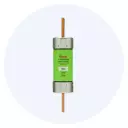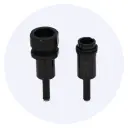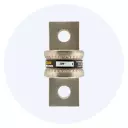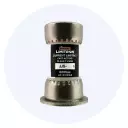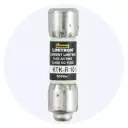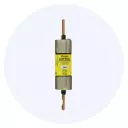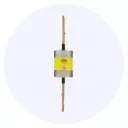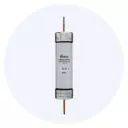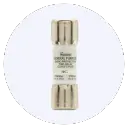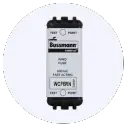Blog
Eaton Bussmann GVV Fuses Overview and Applications

Eaton Bussmann GVV Fuses are a type of electrical fuse designed to provide reliable and efficient circuit protection in a variety of applications. These fuses are part of the Eaton Bussmann portfolio, a company renowned for its intelligent power management solutions and commitment to sustainability. As a leading manufacturer of circuit protection products, Eaton Bussmann offers a wide range of fuses, including the GVV series, which is designed to meet the specific needs of various industries and applications.
Product Parameters and Specifications
Eaton Bussmann GVV Fuses are designed to provide fast-acting overcurrent protection, ensuring that electrical circuits are protected from damage caused by excessive current flow. These fuses are available in a range of ampere ratings and voltage ratings, making them suitable for use in a variety of applications, including industrial control panels, motor control circuits, and power distribution systems. The GVV fuses are also designed to meet international standards, including UL and CSA certifications, ensuring that they meet the required safety and performance standards.
Uses and Applications
Eaton Bussmann GVV Fuses are used in a variety of applications, including:
- Industrial Control Panels: GVV fuses are used to protect industrial control panels from overcurrent conditions, ensuring that the panels and their components are not damaged.
- Motor Control Circuits: These fuses are used to protect motor control circuits from overcurrent conditions, ensuring that the motors and their associated control circuits are not damaged.
- Power Distribution Systems: GVV fuses are used to protect power distribution systems from overcurrent conditions, ensuring that the systems and their components are not damaged.
- Electrical Panels: These fuses are used to protect electrical panels from overcurrent conditions, ensuring that the panels and their components are not damaged.
Precautions and Safety Considerations
When using Eaton Bussmann GVV Fuses, it is essential to follow proper safety precautions to ensure safe and reliable operation. Some of the precautions and safety considerations include:
- Proper Selection: Ensure that the correct fuse rating is selected for the specific application, taking into account the ampere and voltage ratings of the circuit.
- Installation: Ensure that the fuse is installed correctly, following the manufacturer’s instructions and recommendations.
- Maintenance: Regularly inspect and maintain the fuse and its associated circuitry to ensure that they are in good working condition.
- Replacement: Replace the fuse only with a genuine Eaton Bussmann GVV Fuse, ensuring that the replacement fuse meets the required safety and performance standards.
Benefits and Advantages
Eaton Bussmann GVV Fuses offer several benefits and advantages, including:
- Reliable Protection: These fuses provide reliable and efficient circuit protection, ensuring that electrical circuits are protected from damage caused by overcurrent conditions.
- Fast-Acting: GVV fuses are designed to act quickly in response to overcurrent conditions, minimizing the risk of damage to electrical circuits and their components.
- International Standards: These fuses meet international standards, including UL and CSA certifications, ensuring that they meet the required safety and performance standards.
- Wide Range of Applications: GVV fuses are suitable for use in a variety of applications, including industrial control panels, motor control circuits, and power distribution systems.
In conclusion, Eaton Bussmann GVV Fuses are a reliable and efficient solution for circuit protection in a variety of applications. With their fast-acting overcurrent protection, international standards, and wide range of applications, these fuses are an ideal choice for industries and applications where reliable circuit protection is essential. By following proper safety precautions and selecting the correct fuse rating for the specific application, users can ensure safe and reliable operation of their electrical circuits and systems.



